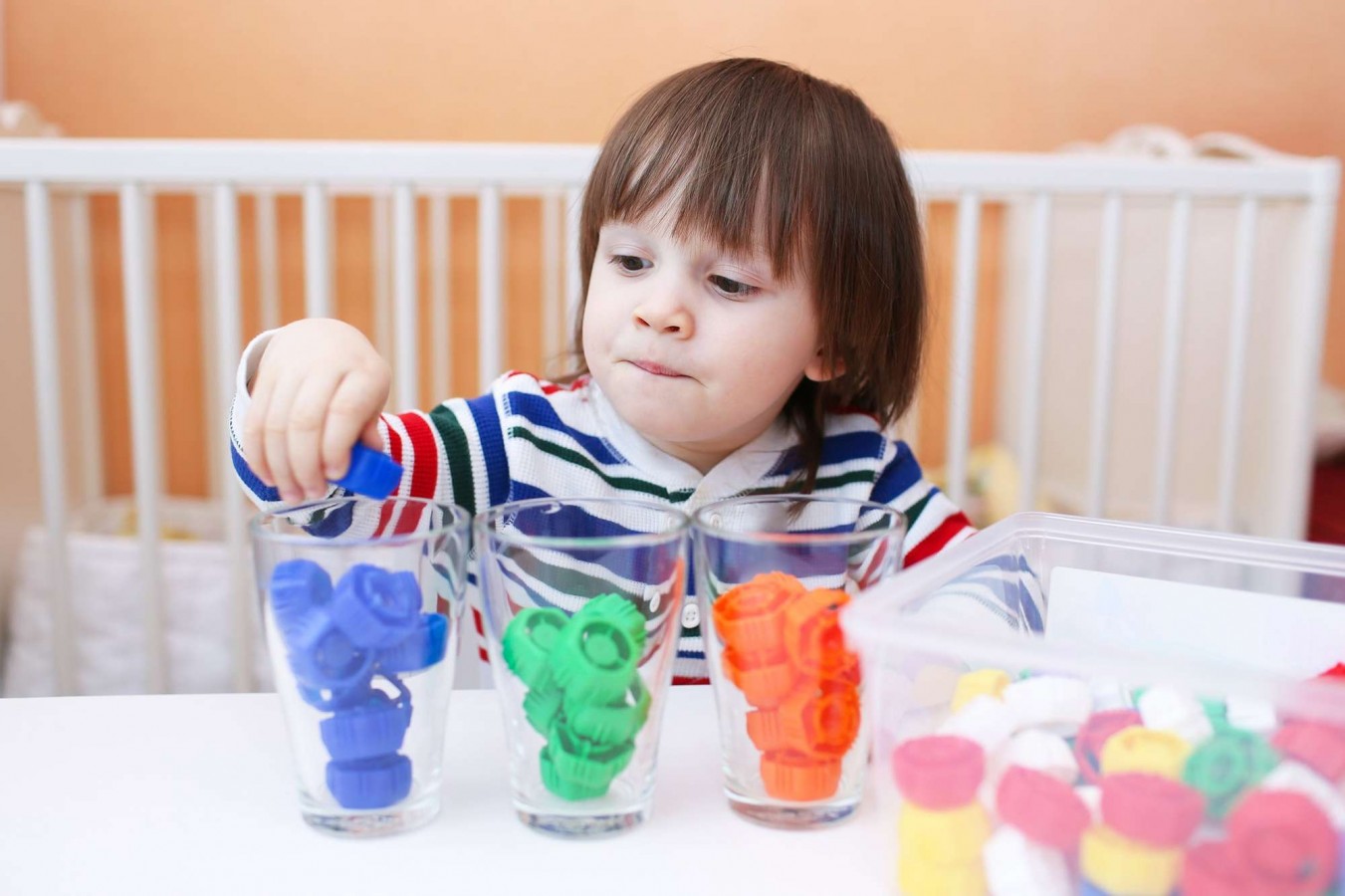Kids Organizational Skills: Why It's Important and Way To Improve It

While adults often grapple with managing their time and responsibilities effectively, instilling organizational skills in children from a young age can set them up for success in various aspects of life.
From academic achievements to personal development, the ability to organize tasks, time, and materials is invaluable. Let's delve into why organizational skills are essential for kids and explore some effective strategies to help them improve in this area.
Why Organizational Skills Important for Kids?
Organizational skills play a crucial role in various aspects of children's lives, encompassing play, language development, social interactions, personal management, and academic performance.
Whether it's ensuring they bring all their belongings home from school or effectively managing homework assignments, the ability to organize tasks and responsibilities is essential.
This skill is not innate, it requires guidance, support, and reinforcement. Providing children with tools like diaries or visual charts, along with establishing realistic routines, helps instill effective organizational habits.
For children facing challenges such as poor planning, language barriers, attention deficits, or learning difficulties, organizational skills become even more vital.
Developing a structured and consistent approach to tasks not only facilitates daily activities but also aids in overcoming obstacles associated with various developmental and learning challenges.
How to Identify If a Kid Has Organizational Skills Issues
Identifying organizational skills issues in children requires keen observation and an understanding of typical developmental milestones. Here are some signs that may indicate a child is struggling with organizational skills:
A. General Disorganization
If your child frequently appears disorganized, lacking awareness of time frames or the materials needed for a task, it could indicate organizational skills issues.
For example, they might forget important items for school or extracurricular activities, struggle to plan their time effectively, or have difficulty following through with tasks due to a lack of preparation.
B. Difficulty Getting Ready on Time
Children with organizational skills issues may struggle to get themselves ready on time for school, appointments, or other commitments.
They may underestimate the time needed to complete tasks such as getting dressed, packing their bag, or completing morning routines, leading to frequent tardiness or rushing at the last minute.
C. Perceived Laziness or Incompletion of Work
Despite appearing lazy or unmotivated, children with organizational skills issues may actually be struggling to initiate tasks or know where to start.
They might avoid or procrastinate tasks because they feel overwhelmed or unsure of how to approach them. As a result, they may leave tasks unfinished or produce work that is incomplete.
D. Easily Distracted or Poor Attention
Children who have difficulty maintaining focus or are easily distracted may struggle with organizational skills.
They may find it challenging to stay on task and prioritize their activities, leading to inefficiency and difficulty completing tasks in a timely manner.
Constantly shifting attention away from the task at hand can impede their ability to organize their thoughts and actions effectively.
E. Language Challenges
Difficulty using language in an ordered and logical way can also be indicative of organizational skills issues.
Children may struggle to express themselves coherently, follow instructions sequentially, or organize their thoughts when speaking or writing.
This can impact their ability to communicate effectively, comprehend complex instructions, or convey ideas clearly.
Effective Ways to Improve Organizational Skills in Kids
Improving organizational skills in children is essential for their success in various aspects of life. Here are some effective ways to help enhance these skills:
1. Introduce Checklists
Provide children with checklists for tasks such as packing their school bag, completing homework assignments, or getting ready in the morning.
Checklists help them break down tasks into manageable steps and track their progress, fostering a sense of accomplishment and organization.
2. Give Them Chores that Involve Sorting or Categorizing
Assigning chores that require sorting or categorizing, such as organizing toys, sorting laundry, or arranging books on shelves, helps children develop organizational skills in a practical and hands-on way.
It teaches them the importance of order and structure in managing their belongings and surroundings.
3. Get Your Child a Kid-Friendly Planner
Introducing children to the concept of planning and scheduling through a kid-friendly planner can be highly beneficial.
Encourage them to use the planner to jot down important dates, deadlines, and tasks, helping them learn time management and prioritization skills from a young age.
4. Establish a Homework Routine
Set aside dedicated time each day for homework and establish a consistent routine. Create a designated study area free from distractions and encourage children to follow a structured approach to completing their assignments. Consistent practice reinforces organizational habits and promotes academic success.
5. Cultivate an Interest in Collecting
Promote activities that involve collecting, such as stamps, coins, or rocks. Collecting not only fosters a sense of curiosity and exploration but also encourages children to organize and categorize their collections.
It provides an opportunity to develop skills in cataloging, labeling, and maintaining order, enhancing their organizational abilities.
Ready to Help Your Child Become More Organized?
Organizational skills are essential for children's academic success, emotional well-being, and overall development. Investing in their organizational skills today sets the stage for a lifetime of achievement and fulfillment.
Are you eager to give your child the best start in their educational journey? Experience the magic of early childhood education at Rockstar Academy, where we combine academic excellence with a vibrant Sports & Performing Arts Academy.
Our program is designed to nurture and support every student, providing a supportive environment where each child can thrive and reach their highest potential.
With engaging activities, personalized instruction, and a focus on holistic development, Rockstar Academy's early childhood education program is the perfect opportunity for your child to grow and excel.
Sign up for Rockstar Academy’s free trial today and witness firsthand how we empower young minds to shine bright like a star!
FAQ
How can I increase my child's concentration?
You can increase your child's concentration by providing a structured environment, minimizing distractions, breaking tasks into manageable chunks, and encouraging regular breaks for physical activity.
What causes lack of concentration in a child?
Factors such as fatigue, stress, boredom, or underlying developmental or learning issues can contribute to lack of concentration in children.



